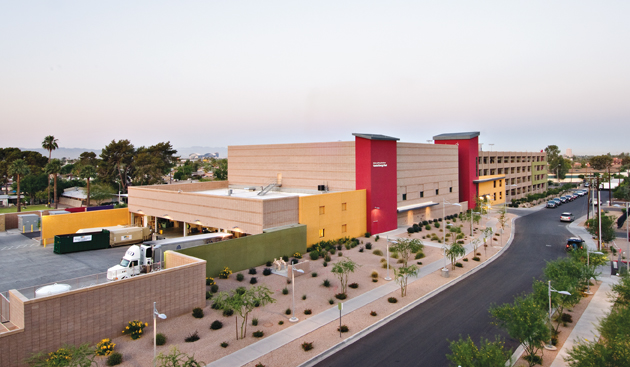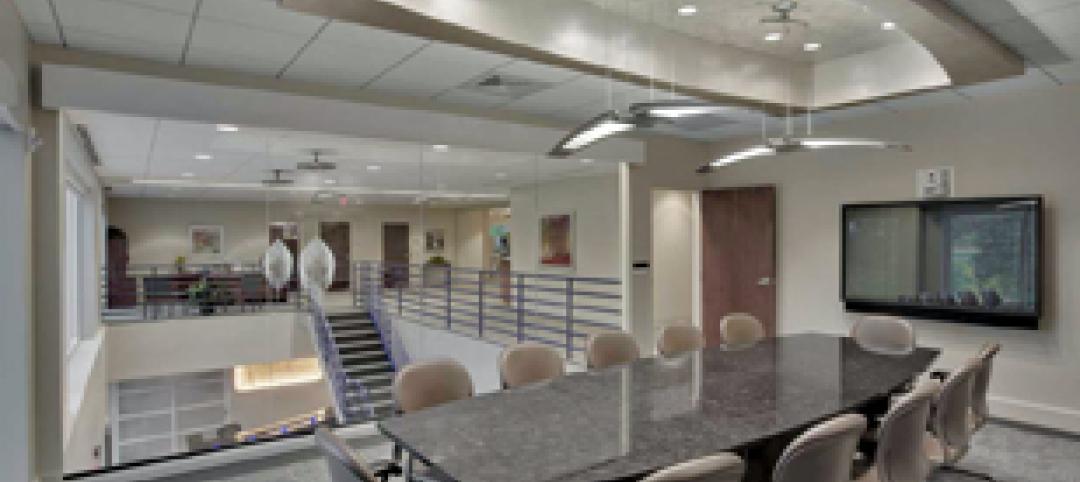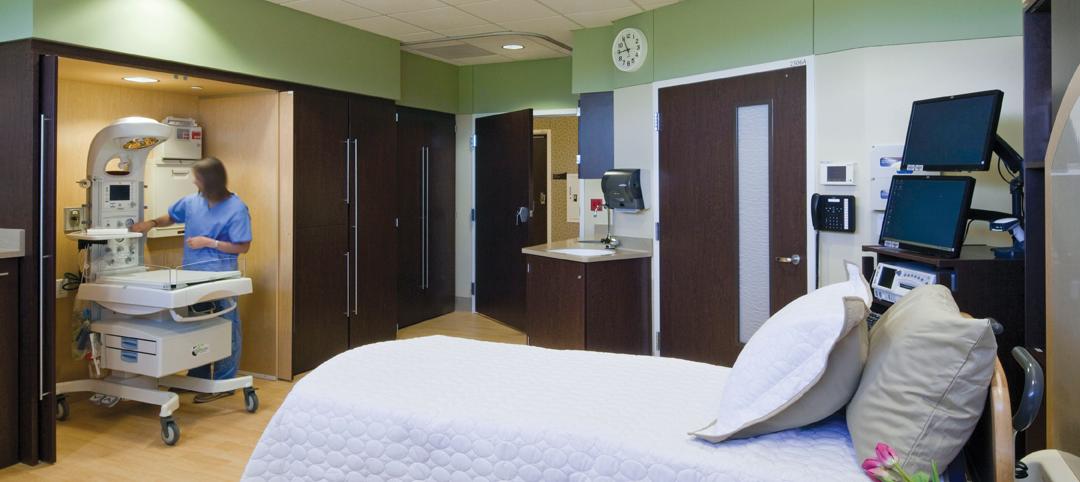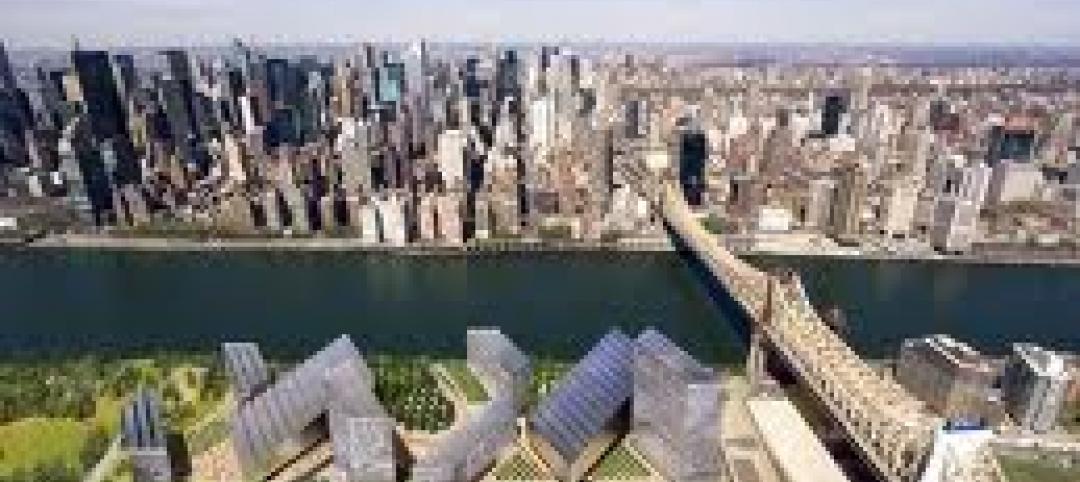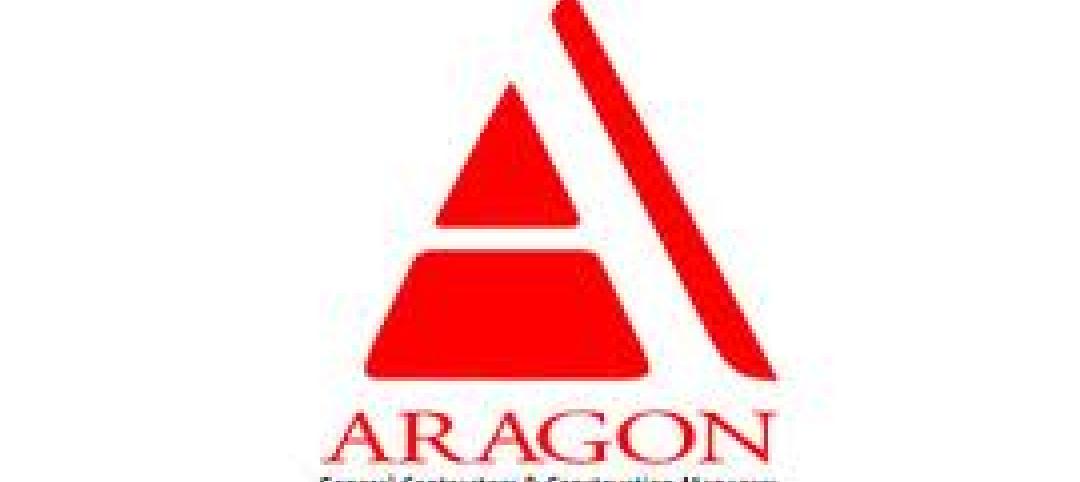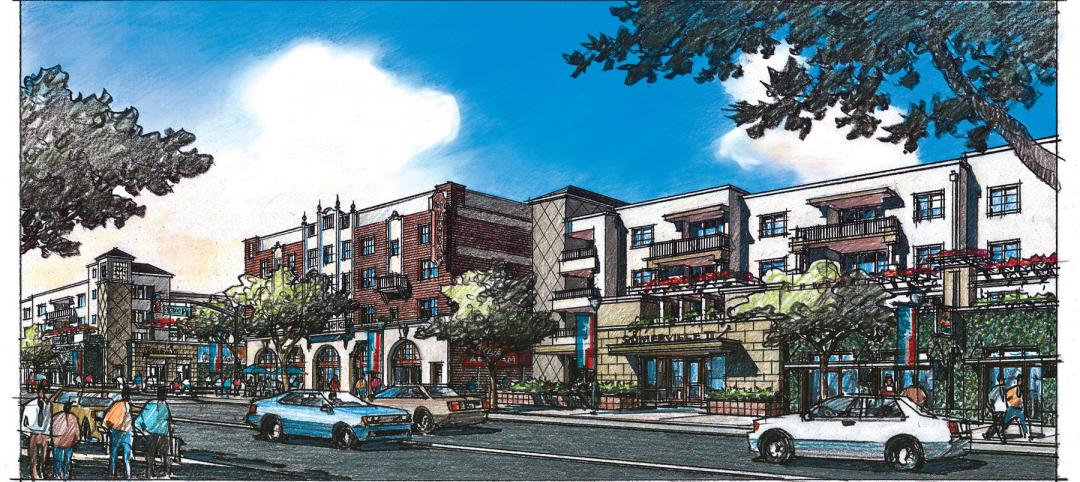Healthcare construction has slowed a bit in the last few years, but it remains a critically important sector for many AEC firms. While healthcare clients are demanding sustainable design and construction as a matter of course, green building is no longer limited strictly to hospital projects.
In Seattle, Swedish Cancer Institute has installed a factory-fabricated radiotherapy treatment “vault” to house its TomoTherapy treatment system. RAD Technology Medical Systems manufactured steel modules for the vault at its production facility, along with prefab wood modules for the patient exam and office portion of the nearly 4,000-sf facility. It is believed to be the first radiation center to earn LEED Silver certification.
Another first—at least for a privately owned facility—goes to San Francisco Surgical Arts’ LEED-CI Platinum (v.2009) oral and maxillofacial surgery office. Environmental Building Strategies led the Building Team—medical designer Kohan Inc. and contractor All Phase Builders—in reducing lighting power 37% and water usage 40% over conventional facilities. Solar-powered keyboards and Energy Star-qualified LED monitors and appliances were also used.
For the $538 million expansion of Phoenix Children’s Hospital (designed by HKS to Green Guide for Health Care standards), Kitchell Contractors built a central energy plant for the 34-acre campus that employs a high-efficiency, 800-ton water-to-water heat pump chiller, a technology widely used in the Middle East.
The central plant will save 5.6 million gallons of water per year, reduce natural gas consumption by 70%, and trim energy and operating costs $11 million over 15 years. The project also received a $464,000 cash award from APS Solutions for Business, the local electrical utility’s energy-conservation program for commercial customers.
In Richmond, Va., Moseley Architects worked with design partners KEI Architects,
Dennis Kowal Architects, and John Dickinson & Partners and GC Kenbridge Construction on the renovation of the Virginia Rehabilitation Center for the Blind and Vision Impaired Administration and Activities Building. The center provides training for blind, vision-impaired, and deaf-blind Virginians to adapt to living with partial or no sight.
Commonwealth guidelines called for the $4,272,600 project to bring the facility, which was built in 1970, up to LEED Silver standards. The team went well beyond that. A central skylit atrium brought light and warmth into the facility. Variable-speed HVAC systems and energy-recovery technology were installed. Single-pane windows were replaced with low-e, double-pane units. Existing halide site lights were upgraded to LED fixtures. Energy use was trimmed 15%, water consumption by 30%, saving 34,000 gallons a year.
As a result of these measures, the project earned LEED Gold certification.
The team also embraced “sustainability” in a larger context in making the center compliant with ADA Accessibility Guidelines. By not focusing exclusively on what could be seen, the team created a design that considered such factors as echoes, smells, and proportions to arrive at what they called a “building for sighted people.”
Another project seeking to break new ground in sustainability is the Palliative Care Campus, a 120-unit Enhanced Assisted Living Residence for persons with serious progressive illnesses. It is said to be the world’s first spirit-centered, enhanced assisted-living community residence. The client, the HealthCare Chaplaincy, is a national leader in research, education, and multi-faith patient-centered care. FXFOWLE Architects is the AOR and designer, in collaboration with MHG Architects and Clodagh Design.
The 16-story, 180,000-sf project, to be built in Lower Manhattan along the East River, will also house a geriatric and palliative care outpatient medical practice, plus research, educational, clinical practice, and administrative spaces. The facility will address not only patients’ physical ills, but also their psychological and spiritual well-being. The HealthCare Chaplaincy hopes the new campus will serve as a national demonstration project for the healthcare industry. +
Related Stories
| Mar 1, 2012
8 tips for architects to consider before LED installation
Lighting experts offer Building Team members critical information to consider before upgrading lighting systems to LEDs.
| Mar 1, 2012
Reconstruction Awards: Reinvesting in a neighborhood’s future
The reconstruction of a near-century-old derelict public works facility in Minneapolis earns LEED Platinum—and the hearts and minds of the neighboring community.
| Mar 1, 2012
7 keys to ‘Highest value, lowest cost’ for healthcare construction
The healthcare design and construction picture has been muddied by uncertainty over the new healthcare law. Hospital systems are in a bind, not knowing what levels of reimbursement to expect. Building Teams serving this sector will have to work even harder to meet growing client demands.
| Mar 1, 2012
Cornell shortlists six architectural firms for first building on tech campus
Each of the firms will be asked to assemble a team of consultants and prepare for an interview to discuss their team’s capabilities to successfully design the university’s project.
| Mar 1, 2012
Aragon Construction completes 67,000-sf build-out in NYC
Aragon constructed the space in partnership with Milo Kleinberg Design Associates, (MKDA) and the Craven Corp. as the owner’s representative.
| Mar 1, 2012
Bomel completes design-build parking complex at U.C. San Diego
The $24-million facility, which fits into a canyon setting on the university’s East Campus, includes 1,200 stalls in two adjoining garages and a soccer field on a top level.
| Mar 1, 2012
Eidco Construction bolsters Chicago office
Eldco hires Peterson and Vivoda as senior project managers.
| Mar 1, 2012
Reconstruction of L.A.’s Dunbar Hotel underway
Withee Malcolm Architects’ designs for the project include the complete renovation of the Dunbar Hotel and the Somerville Apartments I and II.
| Feb 29, 2012
C.W. Driver opens new office, appoints Castillo regional SVP
Castillo will oversee projects with new and existing clients in northern California within the areas of education, healthcare/biomedical, public sector, military contracting, entertainment, retail, corporate and hospitality.
| Feb 29, 2012
Report says BIPV glass market to reach $6.4 billion by 2016
The report analyzes the opportunities for BIPV glass products using c-Si, thin-film and OPV/DSC materials and provides eight-year forecasts in terms of MW and square footage shipped as well as forecasts of revenue generated.


